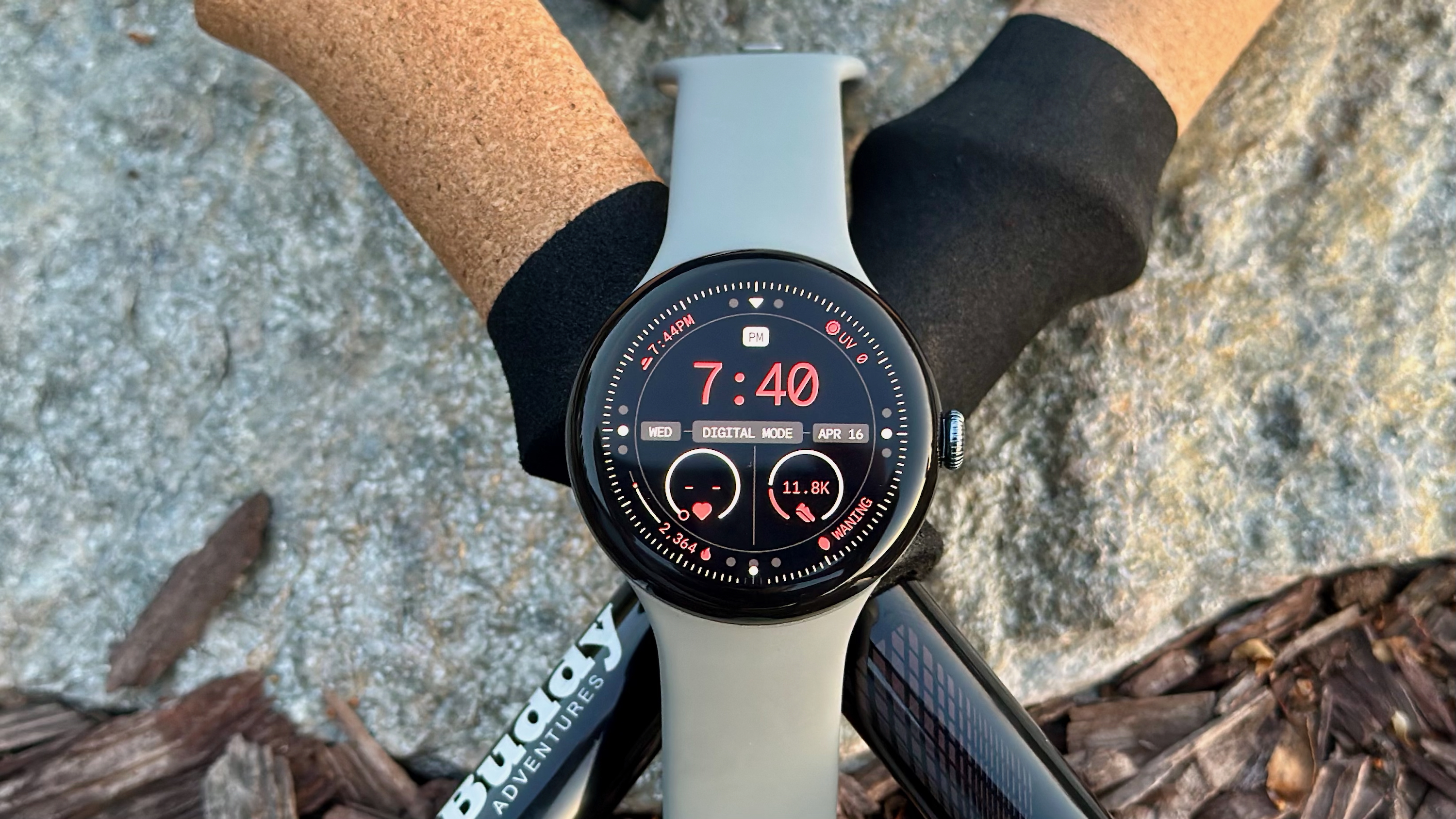Google sued for allegedly violating Texas privacy law over biometric data collection
Another biometric data collection suit stretches across services.

Updated at 5:00 pm ET: We have updated the article to include a statement by a Google spokesperson regarding the lawsuit from the Texas Attorney General.
What you need to know
- Attorney General Ken Paxton of Texas is suing Google over its biometric data collection.
- The lawsuit states that Google has collected data of Texans through Google Photos, Google Assistant, and the Nest Hub Max.
- The Attorney General states that this is "unlawful" and that Google has done so without the consent of Texans.
Google is being sued for allegedly violating the privacy of residents living in Texas.
According to the official website of Texas Attorney General Ken Paxton, he is filing the lawsuit against Google as the company has "unlawfully captured and used the biometric data of millions of Texans without properly obtaining their informed consent to do so."
It's alleged that Google has collected millions of biometric identifiers such as user fingerprints and has kept records of their face geometry. The company has apparently done so through Google Photos, Google Assistant, and the Nest Hub Max.
The Texas Attorney General sees this as an "exploitation" of Texans' personal information for the company's "own commercial interests."
Attorney General Paxton continues by stating that "Google’s indiscriminate collection of the personal information of Texans, including very sensitive information like biometric identifiers, will not be tolerated. I will continue to fight Big Tech to ensure the privacy and security of all Texans.”
In response, a Google spokesperson has provided a statement regarding the situation.
Be an expert in 5 minutes
Get the latest news from Android Central, your trusted companion in the world of Android
"AG Paxton is once again mischaracterizing our products in another breathless lawsuit. For example, Google Photos helps you organize pictures of people, by grouping similar faces, so you can easily find old photos. Of course, this is only visible to you, you can easily turn off this feature if you choose and we do not use photos or videos in Google Photos for advertising purposes. The same is true for Voice Match and Face Match on Nest Hub Max, which are off-by-default features that give users the option to let Google Assistant recognize their voice or face to show their information. We will set the record straight in court.”
This is just another instance this year where Google has been sued for breaching the privacy laws a state has had in place for its citizens, especially as it relates to biometric data. Earlier this year, Google was sued for its biometric data collection through Google Photos after violating an Illinois state law.
The Face Grouping feature within Google Photos violated the Illinois Biometric Information Privacy Act (BIPA). This feature would automatically identify people in images using AI and organizes them into groups so that they're easier to find. The lawsuit stated that Google violated user privacy by failing to let them know of its collection and failing to gather user consent.
In the end, Google agreed to pay the $100 million settlement. For right now, we will have to wait and see what comes of things this time as Google looks ahead to a court date.

Nickolas is always excited about tech and getting his hands on it. Writing for him can vary from delivering the latest tech story to scribbling in his journal. When Nickolas isn't hitting a story, he's often grinding away at a game or chilling with a book in his hand.
